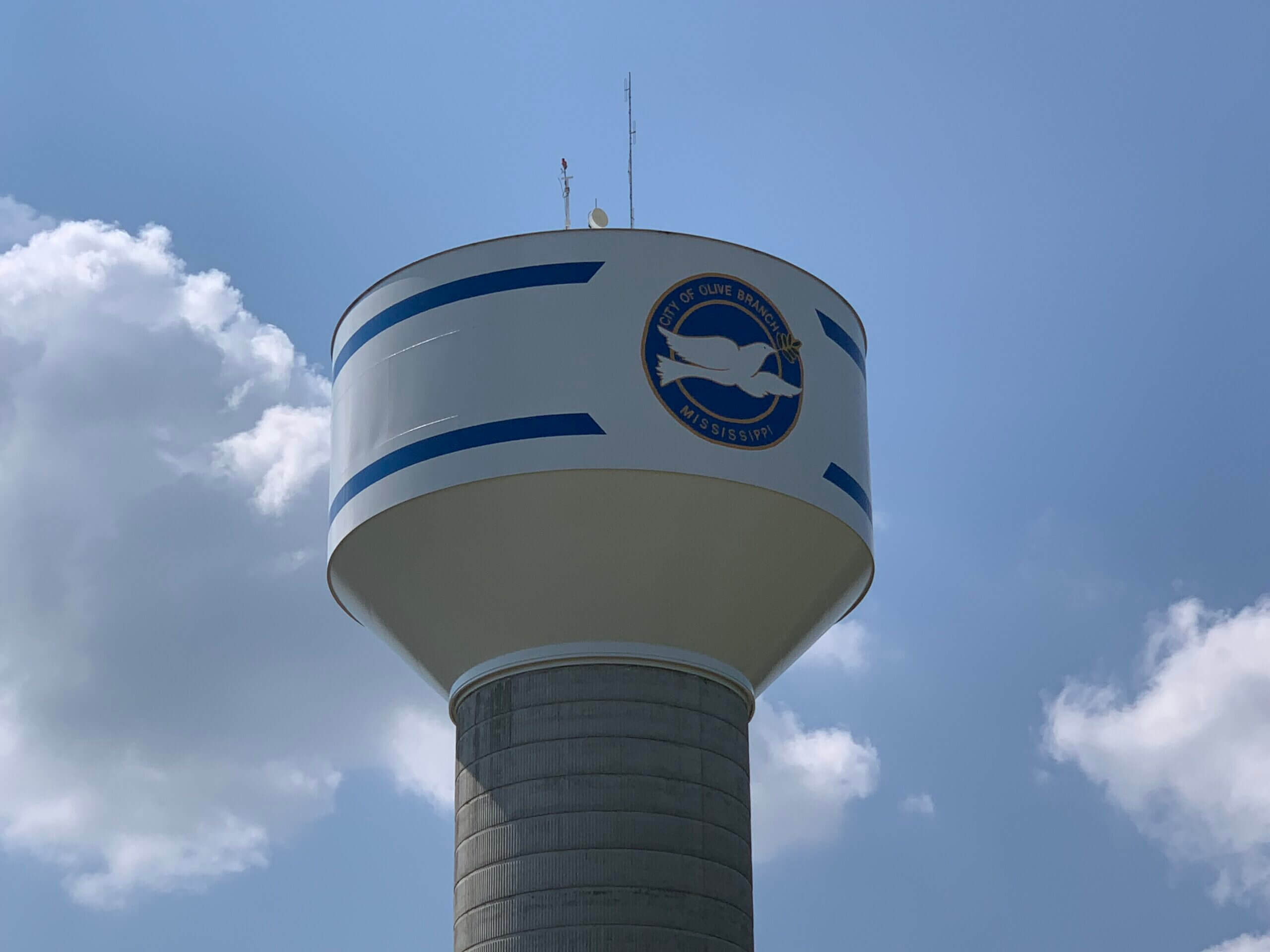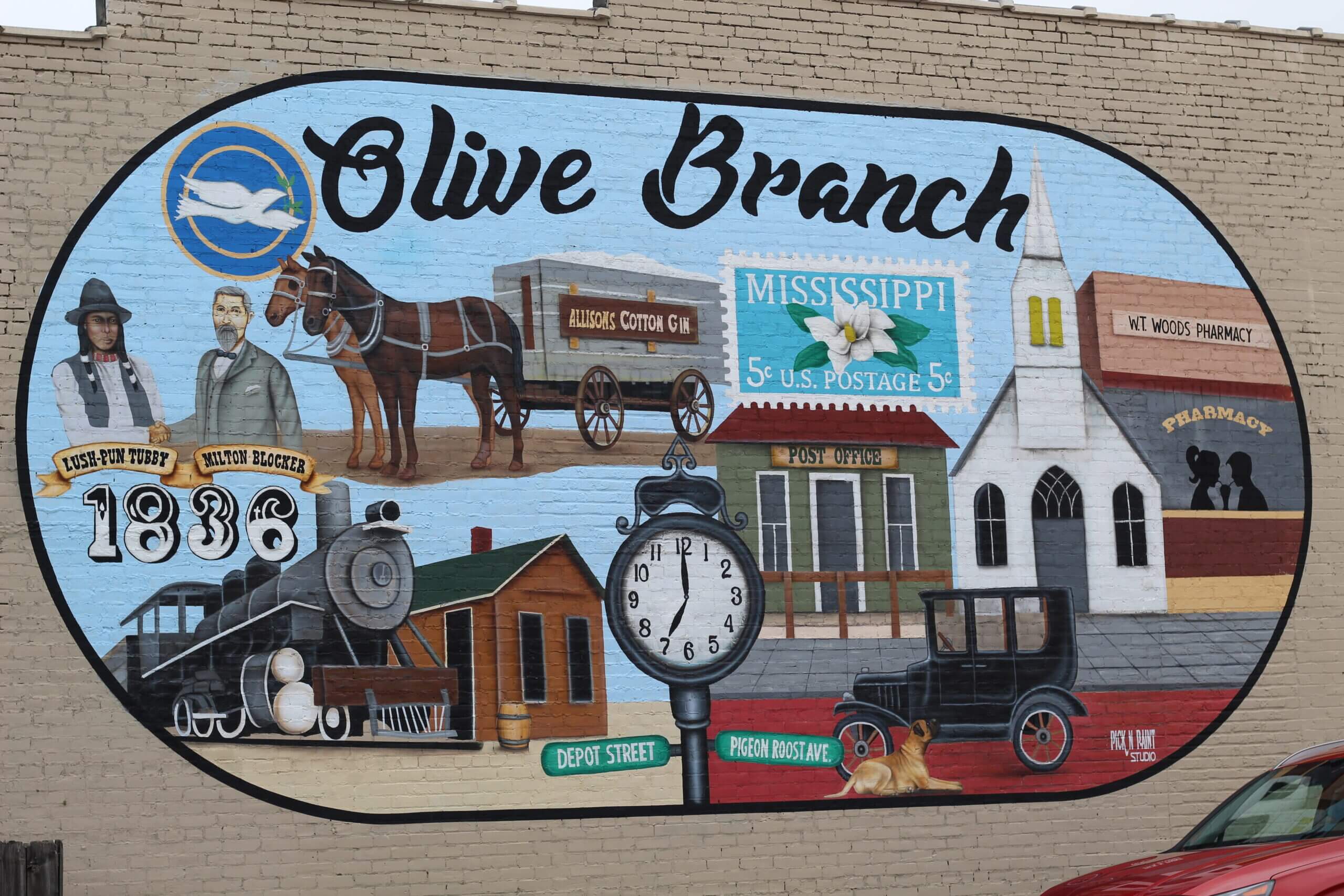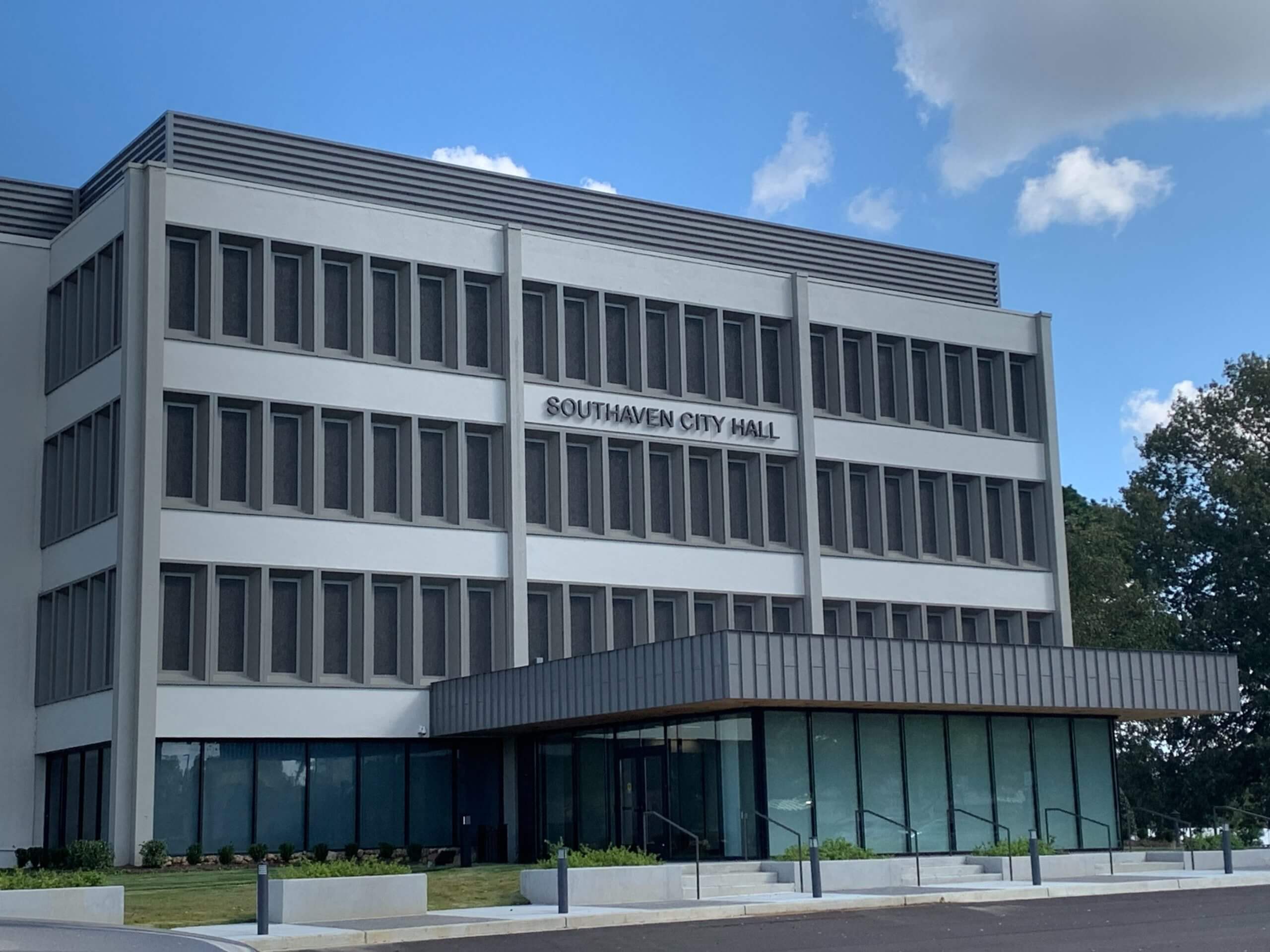Cities, county await judge’s ruling on sewage agreement
Officials in Southaven, Horn Lake and DeSoto County, as well as the City of Memphis, are awaiting a judge’s ruling in a court case involving where sewage from the cities and the county can be sent, and how much the rate should be in the interim.
The court case has been going on in the U.S. District Court in Memphis with closing arguments heard on Tuesday, May 30.
The DeSoto County entities have been on the Memphis sewage system over the years but Memphis has told them they intend to stop receiving their sewage under the current contract in September. That has triggered lawsuits as the Mississippi entities have sought a time extension as it determines how and where sewage will be sent in the future, as well as the rate Memphis can charge in the meantime.
Last March, a judge ruled the date for the termination of the contract is Sept. 22.
Memphis wants to charge over $3 per 1,000 gallons against the current rate which is less than $1 per 1,000 gallons. At the same time, Memphis wants the cities and county to agree not to add developments and industries to the system, and the court to oversee the separation.
DeSoto County and the cities are arguing against the huge rate hike and the moratorium.
The Memphis claim of over $3 per 1,000 gallons is what other suburbs in Tennessee pay to send their sewage to Memphis, which is why Memphis wants to raise the rate. Enforcing that rate would result in large increases for sewage rates in DeSoto County.
About 75,000 connections in DeSoto County use the Memphis sewage system and since it was ruled the contract would end in September the Horn Lake Basin Interceptor Sewer District has been starting to look at possible new locations for sewage. A new system would come under the DeSoto County Regional Utility Authority, or DCRUA.
The contract in question was started in 1975 and updated in 1983 for a length of 40 years. DeSoto County has believed the agreement can be renegotiated, not terminated.
There’s also been a question about how long it would take for DeSoto County to build its system, with lengths ranging from Memphis saying it could be seven years and DeSoto County countering by saying it would be 10-12 years. Estimates on the cost of building a new system have been around $230 million.
Funding is starting to be put together with the state Legislature approving $12 million, so far. The initial funding from the local entities has totaled about $9 million. Another $50 million in federal money and an additional $50 million from the state is being sought. Bonds and low interest loans would help cover the remainder of the funds.






